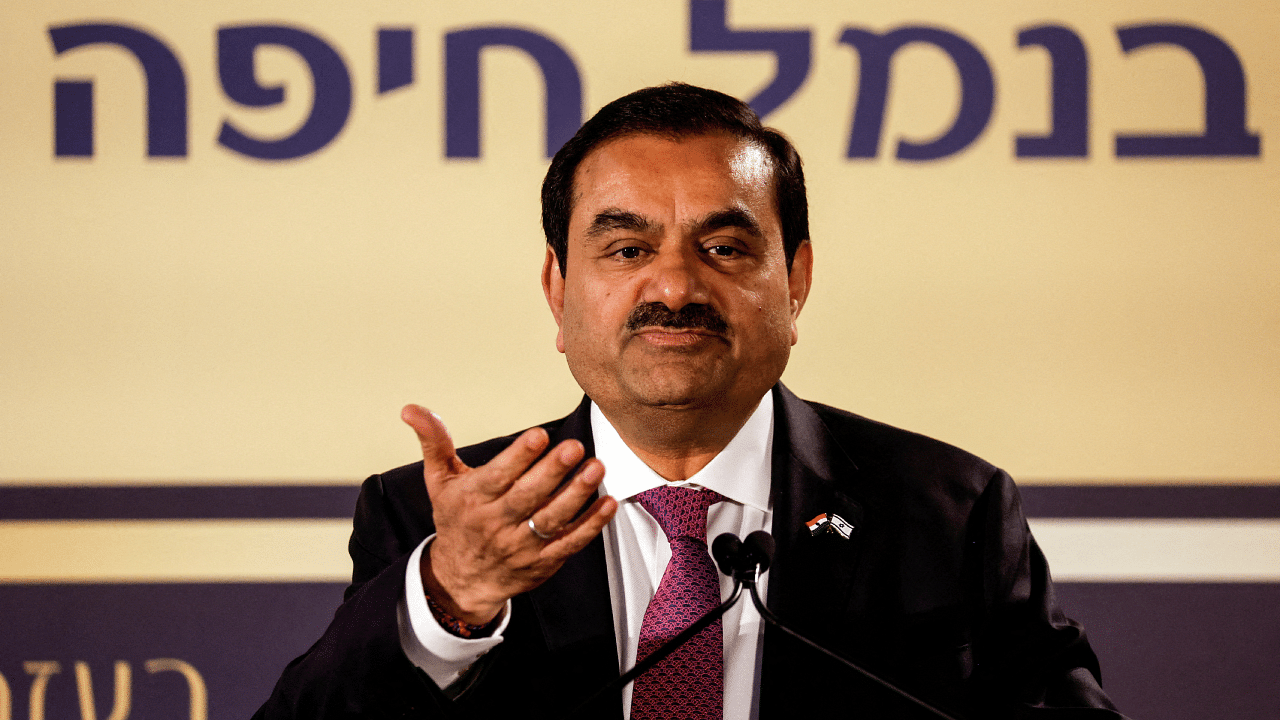
By Ashutosh Joshi and Abhishek Vishnoi
Individual stock investors in India are keeping faith in the country’s Rs 256 lakh crore equity market even after a punishing selloff in Adani Group shares threatened to drag down one of the world’s best-performing indexes since the pandemic.
Hanoz Mistri is among the small investors in India who believe the carnage that has wiped off about Rs 10.8 lakh crore from the value of Adani shares won’t damp the long-term prospects for the nation’s equities. The ship-broker, who previously owned Adani group stocks, plans to continue investing in companies such as commodity businesses that benefit from India’s expanding middle class.
“India is a great consumption story and I am confident this journey will continue,” Mumbai-based Mistri said in a phone interview.
Retail investors such as Mistri are part of a groundswell that is changing the face of the world’s second-biggest emerging market. Roughly 1 million new trading accounts are opened every month, and the total has now climbed above 110 million, more than the populations of South Korea and Spain combined.
While sentiment over the broad Indian market took a hit after US-based Hindenburg Research on January 24 accused the Adani Group of share manipulation and fraud — charges the conglomerate denies, the selloff has proven short lived. The country’s benchmark Sensex, which doesn’t count Adani stocks as its members, recouped all of those declines as of Tuesday’s close.
An increasingly important way individuals are influencing the broader stock market is through the monthly investment plans offered by mutual-fund firms. Those regular flows have helped the market limit losses caused by shocks such as the Adani selloff. Indian stocks have now seen inflows from mutual funds for 23 straight months, according to data compiled by Bloomberg.
“Investors in India are more information-centric, they are making data-driven decisions,” said Tejas Khoday, chief executive at discount brokerage FYERS Securities Pvt. based in Bengaluru. The pace of new client additions by Indian brokerages slowed in the second half of last year but it’s showing signs of picking up again, especially after the federal budget focused on capital spending, he said.
Parvez Qureshi, a 24-year-old student in the western Indian city of Surat, saw his investment of 40,000 rupees ($483) swell almost 10-fold in value as Indian shares rallied from their lows in 2020 before halving the value earlier this year. But he still aims to keep investing in stocks that have the potential to increase earnings and benefit from the adoption of new technology such as automaker Tata Motors Ltd.
“The charges by Hindenburg are serious, but I don’t think we should suspect India’s stock market,” said Qureshi, who is among millions of Indians that began trading the country’s equities for the first time after the outbreak of the coronavirus pandemic in 2020.
The boom in individual investing isn’t just restricted to India. The easy money policies and cash handouts from central banks and governments around the world in response to the pandemic helped encourage retail investors around the globe. The proportion of equities in Indian household savings doubled to 5 per cent last year, according to Jefferies Financial Group Inc.
The money coming into Indian stocks via individual investors directly or through mutual funds is set to keep growing, said Sundararaman Ramamurthy, managing director and chief executive officer at BSE Ltd. “India will continue to be a great success,” he said.